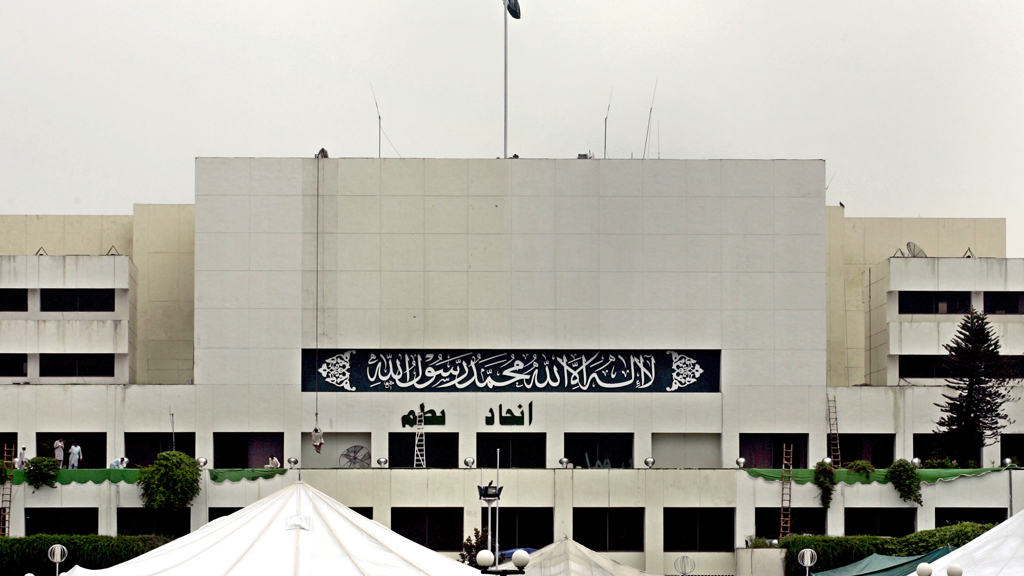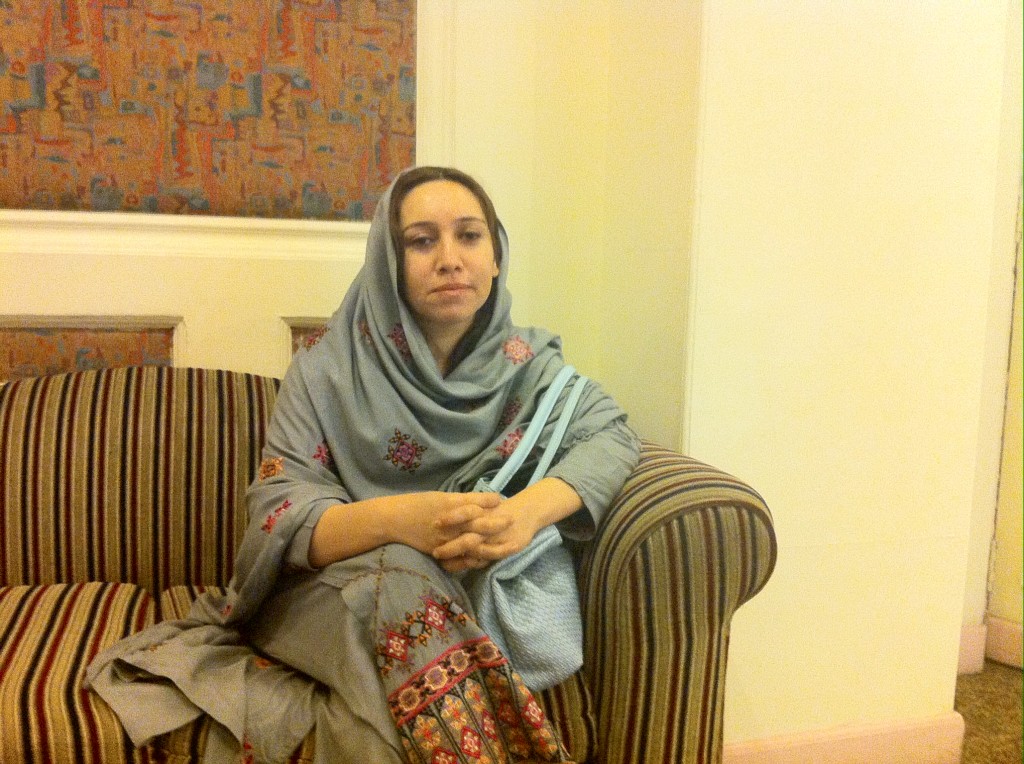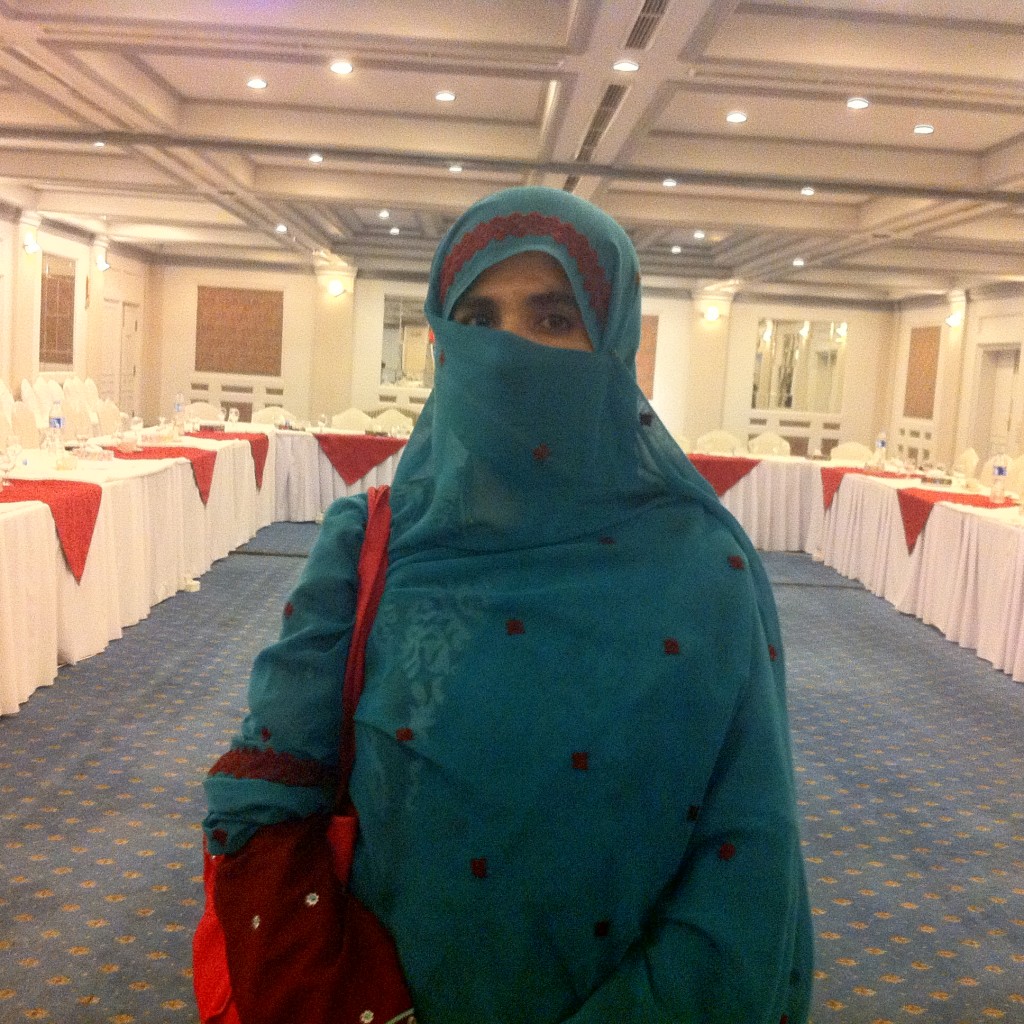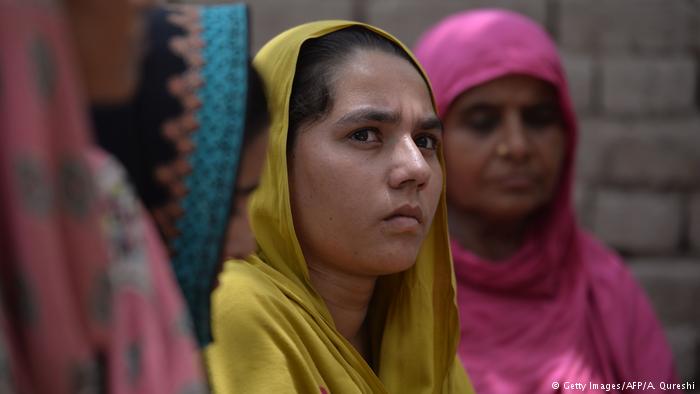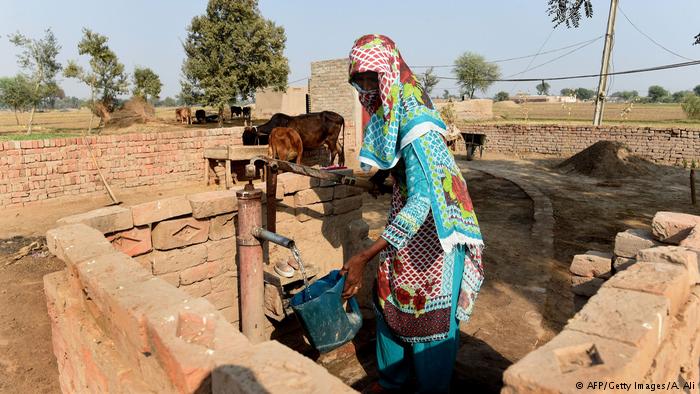Pakistani female law makers don’t feel equipped to help women
The concept behind reserved seats for women in Pakistan’s parliament has been to empower women and give them representation in policy making. However, most women who make it to the provincial assemblies and parliament are not satisfied with the role they could play. The National Assembly of Pakistan has 342 seats out of which 60 seats are reserved for women. The four provincial assemblies of Sindh, Balochistan, Punjab and Khyber Pukhtunkhwa have reserved 17 percent seats for women.
Balochistan is Pakistan’s largest province but is the least developed. Women in this province are often deprived of their rights. According to a survey by Pakistan Economic Survey, Balochistan has the lowest literacy rate and the least number of educational institutes in Pakistan. The province also has inadequate health facilities for women. This makes the role of the female Members of the provincial assemby (MPA) very important.
‘Women MPAs can’t do much’
When I spoke to Shama Ishaq, an MPA in Balochistan, she regretted that there wasn’t much she can do to alleviate people’s problems, “The women of my province believe that I will speak for their rights in the provincial assembly and that I will empower them, but unfortunately even the women MPAs do not have many rights. We are normally asked to sit on the back rows.” When asked whether women who are appointed on the basis of reserved seats hold any important positions, Ishaq says,” Women are not given any ministry or any influential or important appointment, this makes us less important.”
Masooma Hayat is also an MPA from Balochistan. She complains about the typical male attitude she and other women experience at the Balochistan Assembly sessions. “The male members are given an opportunity to speak as much as they want, sometimes their speeches continue for half an hour but when its the women’s turn to speak, they hardly get a few minutes! The speaker doesn’t let her speak much, saying that there is not enough time,” she says.
Nargis Ali is a member of the assembly in Khyber Pukhtunkhwa. She also was chosen by her party, Pakistan Tehreek Insaf, to become a member of the provincial assembly on a seat reserved for women. She says, “We want to get the same respect as elected members do, we have worked for many years in our parties and deserve to get the same rights as other members.”
‘Abolish the quota’
Nagina Arshad, who is also member of the same assembly, argues that if women parliamentarians are not given enough rights, then the reserve seats should be abolished and women must be asked to contest the general elections like men, “The women on reserved seats don’t even get development funds. How can we then help unprivileged women who have high expectations from us?” Tariq Wali, editor at ARY NEWS, has seen many elections in Pakistan and he believes that money is a big factor when it comes to choosing men over women and that is where reserved seats could help. According to him,” In a country like Pakistan, it is not easy to contest elections for women on general seats as one needs a lot of money and power, which women in Pakistan don’t possess. In Pakistan where women are widely deprived of their fundamental rights, seats reserved for women give a chance for female political workers and leaders to reach the most important policy making platform.”
Sorat Tehebo belongs to Sindh, the province of former Prime Minister of Pakistan, Benazir Bhutto, who was assassinated in an attack in December 2007. Sindh is also one of the poorest and least developed provinces of Pakistan. When I asked her whether she feels empowered as a member of the Sindh assembly, she said, “We have to see the positive side. At least women have reached this far, but a lot more needs to be done.” She complains that in the Sindh assembly, the first row is for men, the second one for elected women and the last one for women who are appointed on reserved seats. Tehbo says, “Women comprise 50 percent of Pakistan’s population. They cannot be kept away from important decision making processes in the country. I believe, if women become united and lobby within their parties for more empowerment, then a lot can be done.”
Author: Beenish Javed
Editor: Manasi Gopalakrishnan
You can follow Beenish Javed on twitter @beenishjaved



